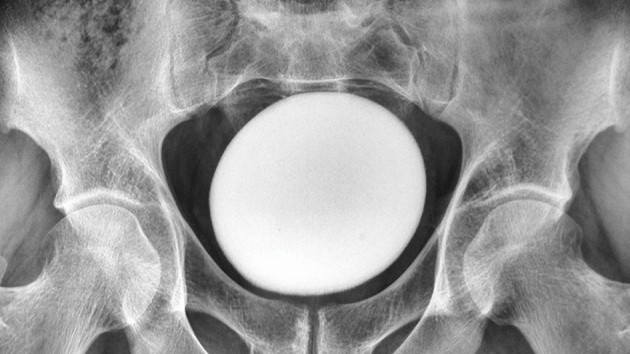Lazy? Your Genes May Be to Blame

New research might help explain why some people have trouble getting off the couch. Experiments on rats suggest there could be a genetic predisposition to laziness.
A group of scientists put rats in cages with running wheels — a subtle suggestion for them to start exercising — and recorded how much time each spent running during a six-day period. They then bred the top 26 runners with each other and paired up the 26 laziest rats. This selective breeding process was repeated through 10 generations, and researchers found that rats in the more active line were 10 times more likely to run than rats in the couch potato line.
To try to explain why, the researchers compared the two groups' levels of mitochondria, or cells' energy-making structures, in muscle cells (which can be boosted by exercise), physical characteristics and genetic profile.
"While we found minor differences in the body composition and levels of mitochondria in muscle cells of the rats, the most important thing we identified were the genetic differences between the two lines of rats," study researcher Michael Roberts, a post-doctoral fellow at the University of Missouri's College of Veterinary Medicine, said in a statement. "Out of more than 17,000 different genes in one part of the brain, we identified 36 genes that may play a role in predisposition to physical activity motivation."
Past research identified two genes in mice that, when turned off, turned the active rodents into couch potatoes.
In that study, detailed in 2011 in the journal Proceedings of the National Academies of Sciences, scientists turned off genes that enable the muscles to make energy from sugars. "Mice love to run," said researcher Gregory Steinberg of McMaster University at the time. "While the normal mice could run for miles, those without the genes in their muscle could only run the same distance as down the hall and back. It was remarkable." [Don't Sit Tight: 6 Ways to Make a Deadly Activity Healthier]
Roberts and his colleagues are now trying to zero in on which genes might play a role in the motivation to exercise. And if the research proves to be relevant to human biology, it could help identify causes for obesity, a growing problem, especially among children, in the United States, Roberts' colleague Frank Booth said.
Get the world’s most fascinating discoveries delivered straight to your inbox.
"It would be very useful to know if a person is genetically predisposed to having a lack of motivation to exercise, because that could potentially make them more likely to grow obese," Booth said in a statement.
Even though rats are good models for much of human biology, the results must be replicated in humans to see how they translate.
The new study was detailed April 3 in the American Journal of Physiology: Regulatory, Integrative and Comparative Physiology.
Follow us @livescience, Facebook & Google+. Original article on LiveScience.com.



